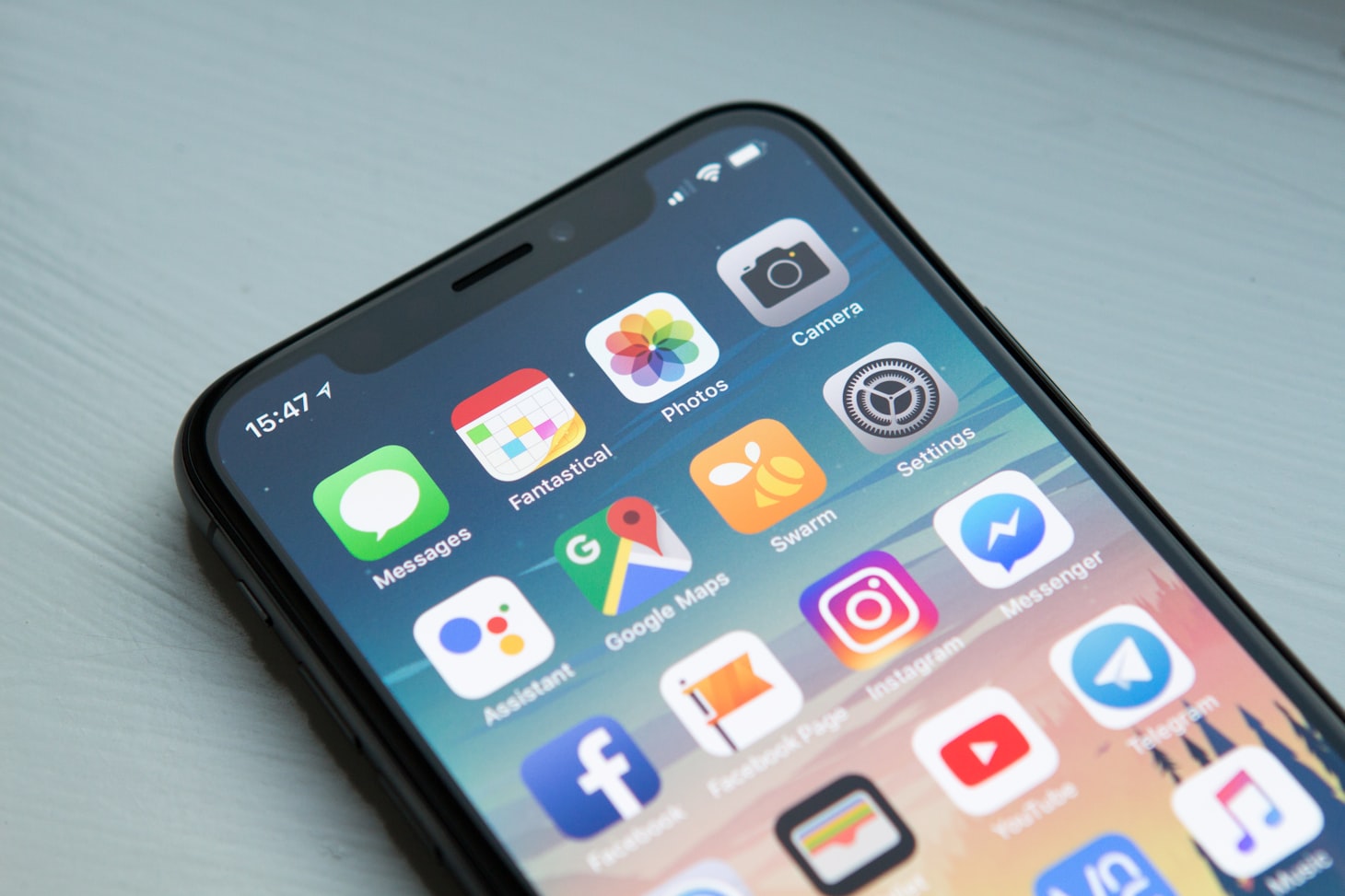Mobile first developers— we must expand our skillset.
I share my transition from a coding boot camp to mastering iOS development, urging fellow developers to expand their skills. I highlight the importance of embracing full-stack knowledge and the power of continuous learning beyond just mobile development.

Table of Contents
Embracing the Journey
As someone who has interacted with boot camp grads both as peers and mentors, I often get this impression. Back when I was learning to code in 2015, I was not the smart whiz who completed every code module first. Instead, I was the complete opposite - the slow poke. I was the student who needed a lot of help and just took a bit longer to understand the difference between an array and a dictionary. Did I mention my first real structured experience in learning to program was in iOS programming? I feel it’s crucial that we learn to code beyond our isolated environments and mobile frameworks. For me, that means going beyond Swift, Objective-C, and Xcode.
The Path Less Traveled
As a mobile-first developer, I’m one of the few boot camp grads who did not enter a "traditional" boot camp path. And yes, I believe we are at the point where natural selection has chosen its winning boot camp structure and curriculum through nearly a decade of trial and error. Nowadays, most boot camps’ flagship course is a 3-month full-time intensive full stack developer program. When I was applying for coding camps, a full-stack web curriculum was actually what I wanted to pursue, but Full-Stack Academy in NY rejected me. Luckily, I got accepted into an iOS bootcamp at the Flatiron School.
The Changing Landscape
I do not know many for-profit coding camps with a dedicated mobile development curriculum anymore. Last year, The Flatiron School actually discontinued their mobile program, probably because its careers team simply could not source the growing list of graduating mobile developers into substantial full-time work in the New York City area. Thank you, Plated, for believing in me.
I do not believe native mobile programming is dying anytime soon. On the Android side, new operating systems and technologies like Project Fuchsia and Android Q are in the works. In iOS land, iOS may soon extend to macOS development natively, allowing iOS apps to possibly run on Macs. We’re going to be okay, and if you’re really good at building custom UIs on either platform, you’ll be in an even better position.
A Call to Action for Mobile-First Developers
My plea to mobile-first developers is aimed only at the 'mobile-only' mindset. Make time to go beyond our dedicated IDEs and push yourself to learn something new. The most complementary skill set for mobile devs, in my opinion, is getting your feet wet in web server + API development. After all, if there is no data provided to our apps, we don’t have much of an app.
Alternatively, you can also stay on the frontend and learn how to leverage popular web frameworks like React and Angular. This will expose you to writing good old HTML, CSS, and Javascript with some magic annotations sprinkled in between.
Or, if you’re interested in scaling applications and improving server resiliency, play around with popular infrastructure services like AWS or Digital Ocean and try launching a simple web application.
Creating Value Beyond Mobile
The point I’m trying to make is: create really good reasons for mobile bootcamp grads to be respected. Most companies that have mobile apps are not solely based on mobile. Besides the handful that come to mind like Tinder, Day One, Lyft, Uber, most engineering teams allocate most of their horsepower to building and maintaining backend systems and the integrity of those systems. In a smaller to mid-sized engineering team, I am almost certain you can be a greater helping hand if you have some full-stack experience or just the interest in it.
Personal Growth Through Challenge
When building the MVP of SuperFit, I made a hard stance that I was not going to use Firebase but instead use the junior experience I had with node.js and stand up my own backend on Heroku. This was just one year after starting my bootcamp at Flatiron. Even with Express and Heroku, there was still a steep learning curve to writing and deploying a web server on my own.
If I only thought about taking my side-project to the moon back in 2016, I might have just stuck with Firebase. It turns out the best business decision vs. the best career-advancing decision almost always clash.
But selfishly, my stance back then was about challenging myself to learn more, improving my resume, and overall programming experience. Many other bootcamp grads can attest to this—even when you land your first job, you still feel absolutely unsure if you can even last in the industry beyond a year, at least I did.
Do it. Take a course, expand your skill set, and try something new. I promise, it’ll make you a better mobile developer by tying concepts, big or small, that you never expect to benefit you.


